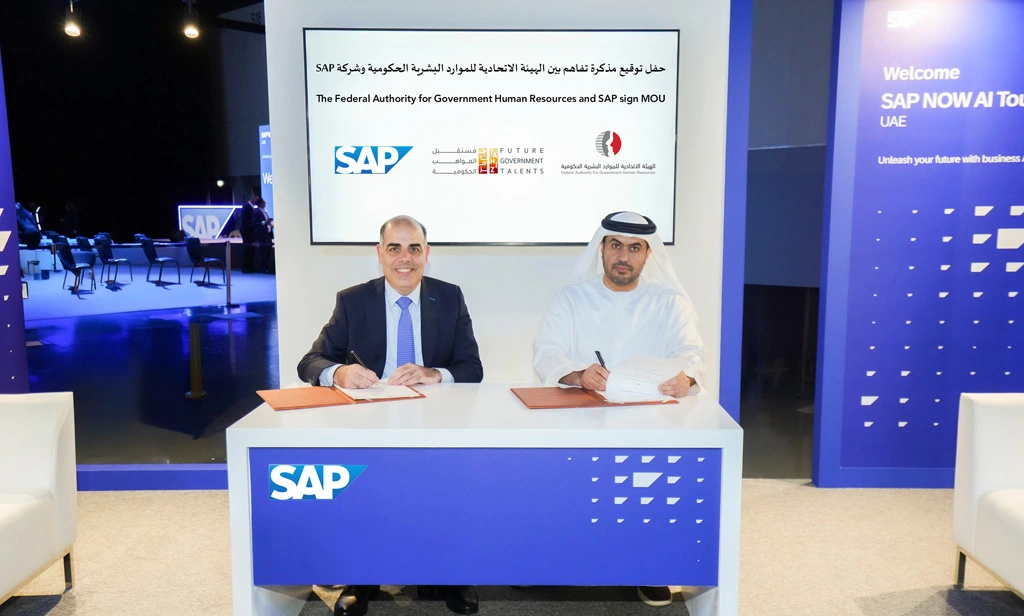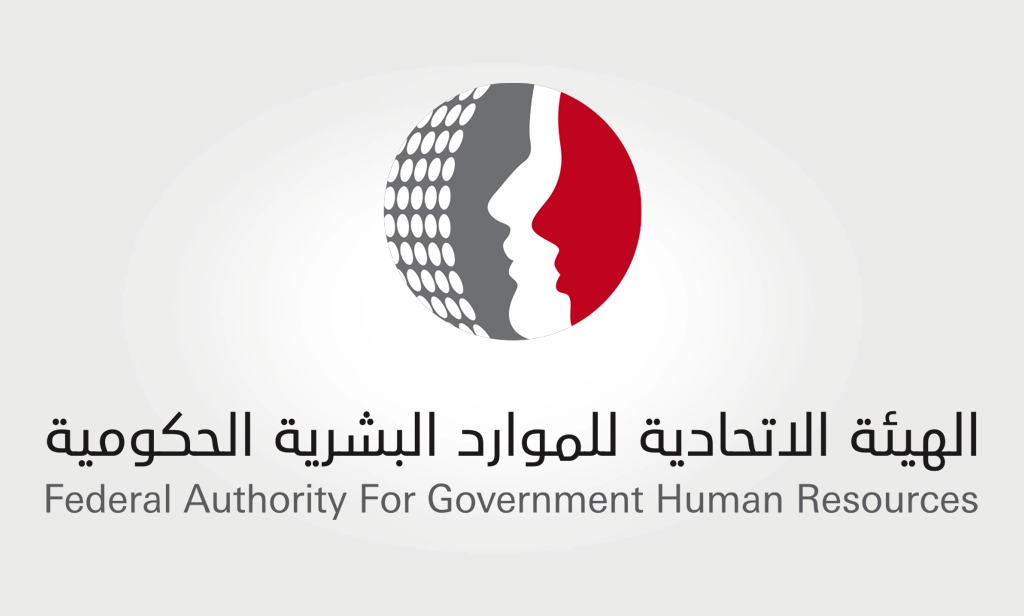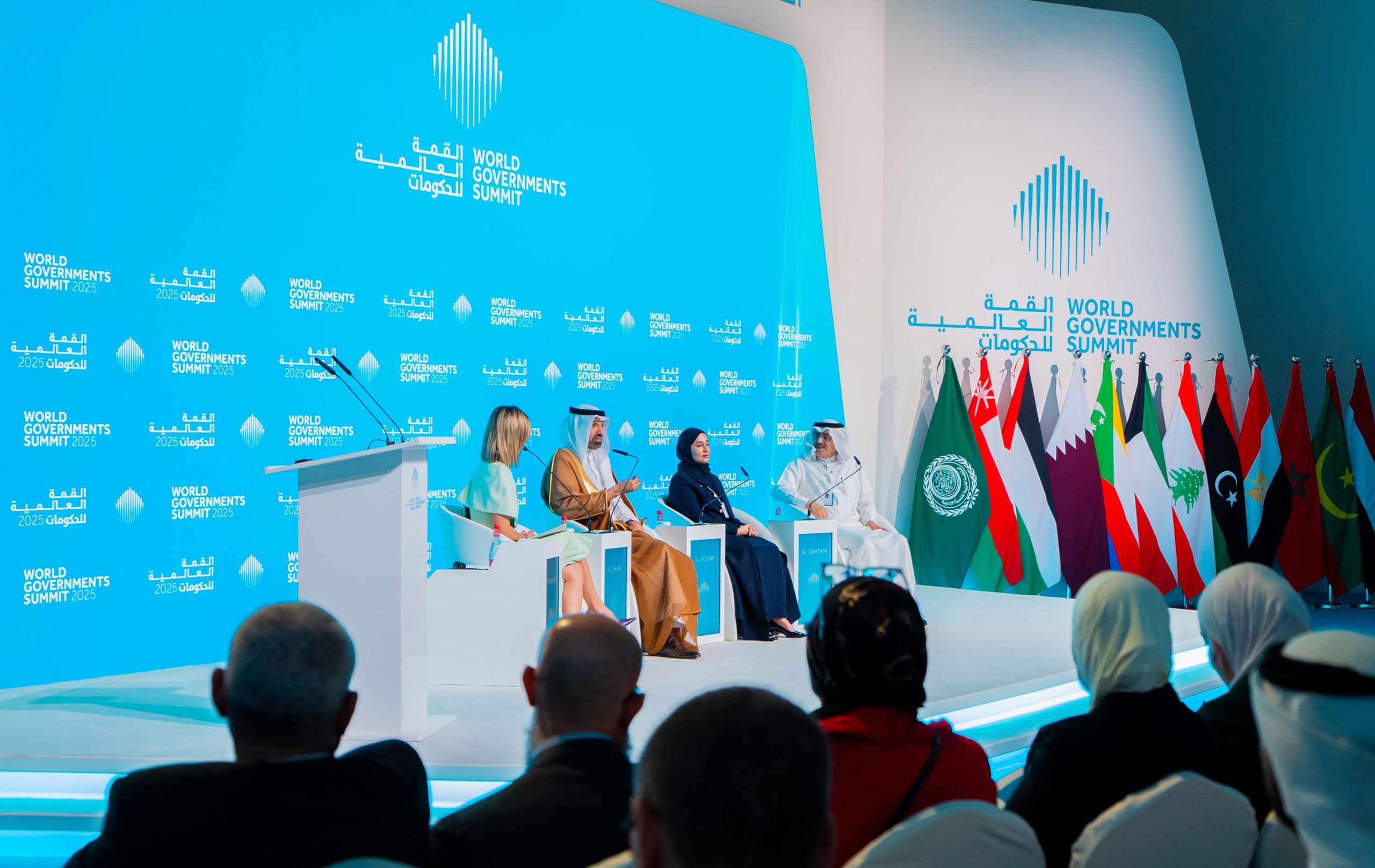Arab Ministers and Civil Service Officials Discuss the Future of Productivity in the Digital Age
Ministers and officials from Arab civil service bodies convened to examine the future of government productivity in the digital age and to review the findings of the “State of Arab Government Administration” report. This report was launched as part of the Arab Government Administration Forum at the World Governments Summit 2025.
This meeting, held within the framework of the summit, aimed to strengthen Arab coordination and facilitate the exchange of expertise on government administrative development. Her Excellency Ohood bint Khalfan Al Roumi, Minister of State for Government Development and the Future, Vice Chair of the World Governments Summit Organization, and Chairwoman of the Federal Authority for Government Human Resources (FAHR), along with His Excellency Dr. Nasser Al-Hatlan Al-Qahtani, Director General of the Arab Administrative Development Organization, attended the meeting.
The fourth session of the meeting focused on the challenges and requirements of enhancing productivity in the digital era, the future of Arab government administration, and strategies to deepen Arab cooperation in developing administrative systems and strengthening the preparedness of Arab governments for the future.
H.E Ohood Al Roumi underscored the significance of reinforcing Arab partnerships in formulating strategies and innovating integrated solutions to enhance the Arab government administration system and ensure its future readiness. She emphasized that this year’s discussions were centered on digital productivity, a cornerstone in building the Arab world’s future.
She added that the swift pace of digital transformation highlights the urgent need to intensify government efforts toward achieving digital integration, advancing service development initiatives, improving efficiency and productivity, and making sustained investments in education and skills development. She emphasized that these efforts are crucial to empowering future generations to drive digital and technological transformations.
H.E Dr. Nasser Al-Hatlan Al-Qahtani remarked that the ministerial roundtable serves as an essential platform for exchanging ideas and strategies that elevate government productivity in the context of digital transformation. The meeting, he explained, contributed to shaping an innovative, sustainable government model that serves the future of the Arab world.
Discussions also highlighted the necessity for Arab governments to be agile and responsive in addressing emerging needs, proactively predicting future demands, and providing high-quality services in a timely manner.
Additionally, it was emphasized that engaging community groups in decision-making processes is crucial for fostering stronger government-society relations, thereby enhancing citizen satisfaction with government services.
The meeting also reviewed the results of the “State of Arab Government Report: Productivity in the Digital Age,” presented by Dr. Yasar Jarrar, member of the Board of Trustees of the Mohammed bin Rashid School of Government. The report’s key recommendations focused on adopting transformative solutions aligned with global trends, leveraging data to redefine governance, transitioning to flexible systems, enhancing employee capabilities through targeted talent investments, and bridging the digital divide across generations.
Nisreen Halima, Client Relations and Markets Manager for Europe, the Middle East, and Africa at PricewaterhouseCoopers, provided a summary of the global survey of ministers, highlighting the key findings and outcomes.
Dr. Hassan Diab, Head of the Strategic Management and Quality Group at the Arab Administrative Development Organization, presented the results of the Young Arab Government Leaders Program. Launched two years ago in partnership with the UAE government and the Arab Administrative Development Organization, the program aims to build a generation of Arab leaders with the skills needed to address future challenges.
Several graduates from the second cohort of the program participated in various leadership meetings, where they shared their experiences with the participants of the ministerial meeting. They highlighted the key skills and knowledge acquired during their training and offered insights into their plans for ongoing learning and development in the future.
Recent Press Release

SAP joins as Knowledge Partner on the “Jahiz” platform

FAHR Concludes its Reading Month Agenda 2025
You can help us improve by providing your feedback about your experience


